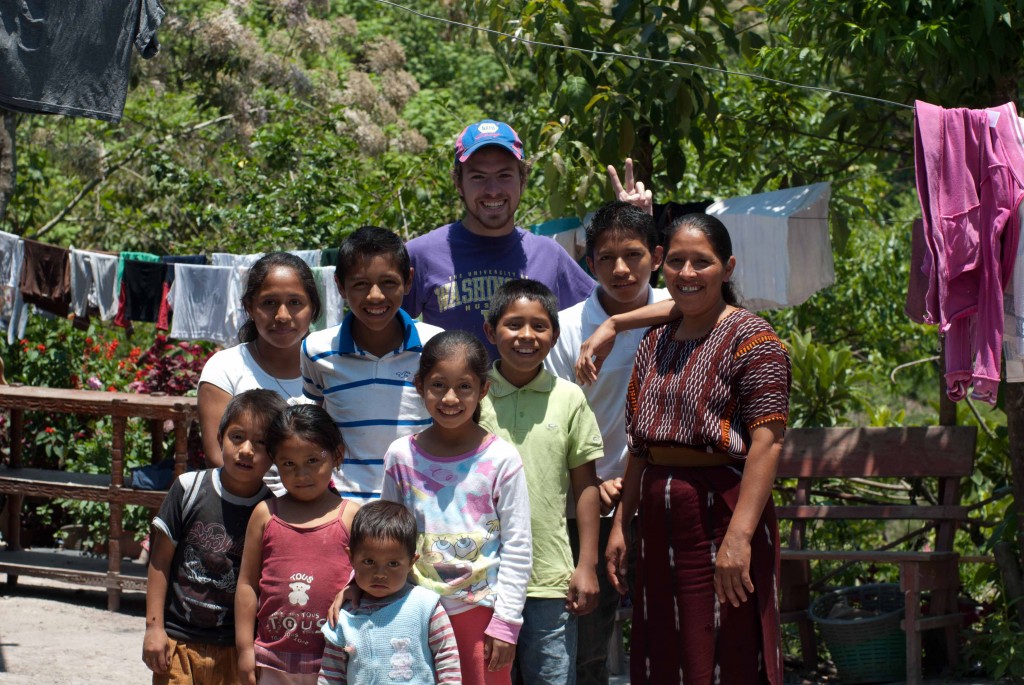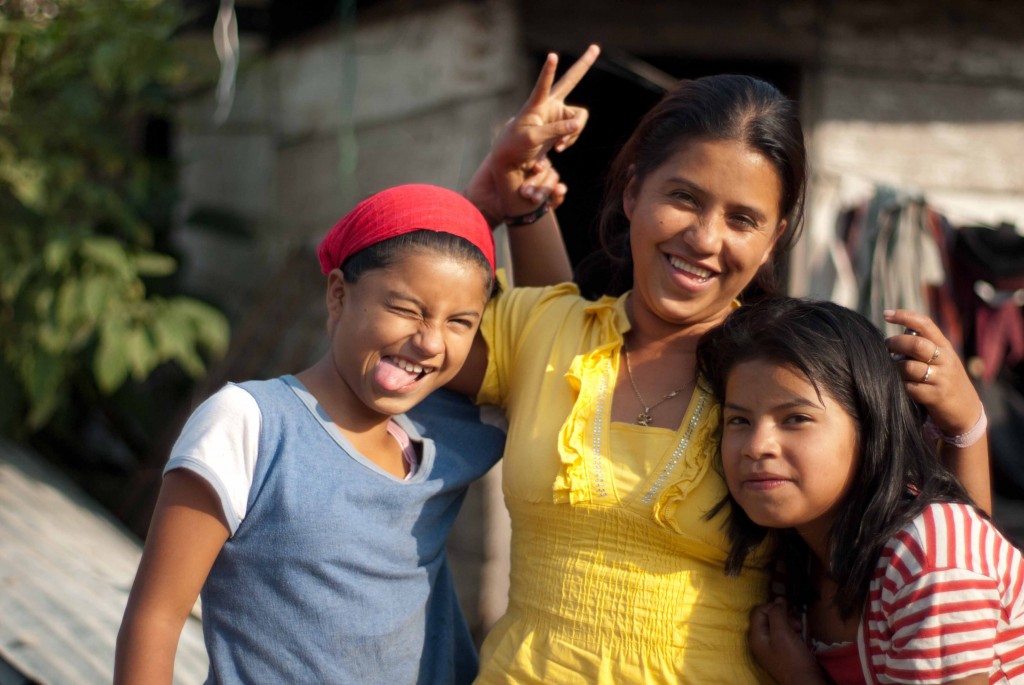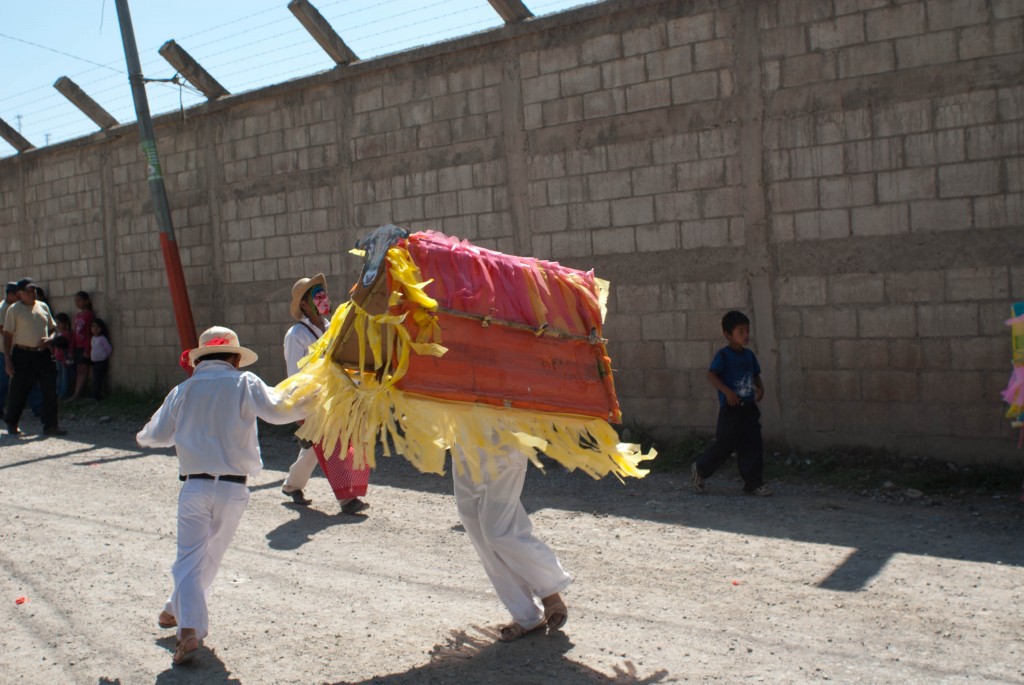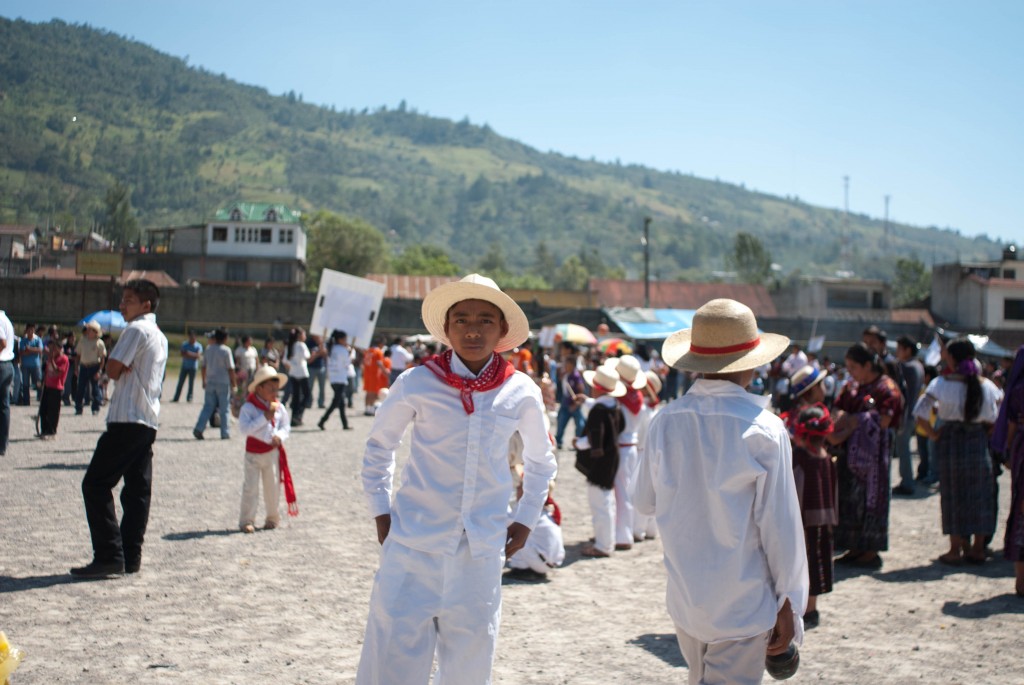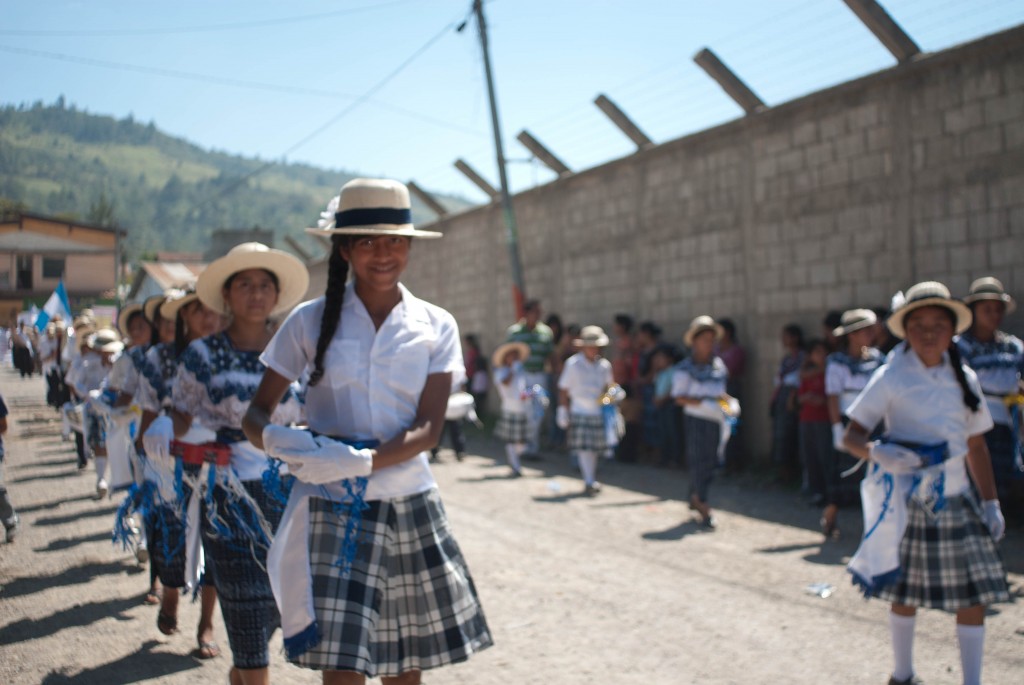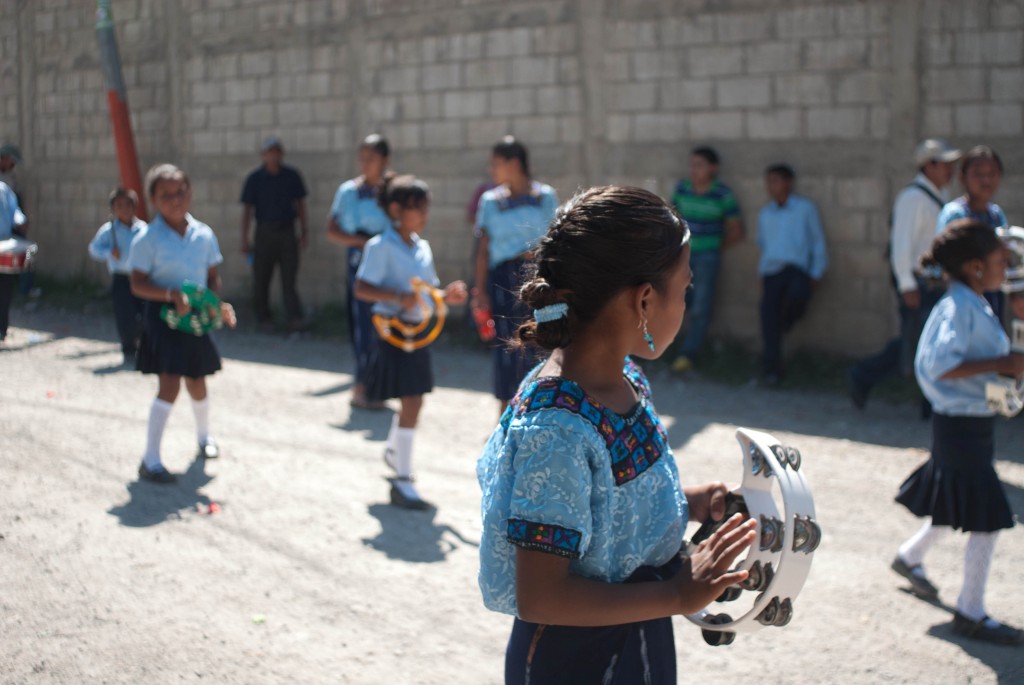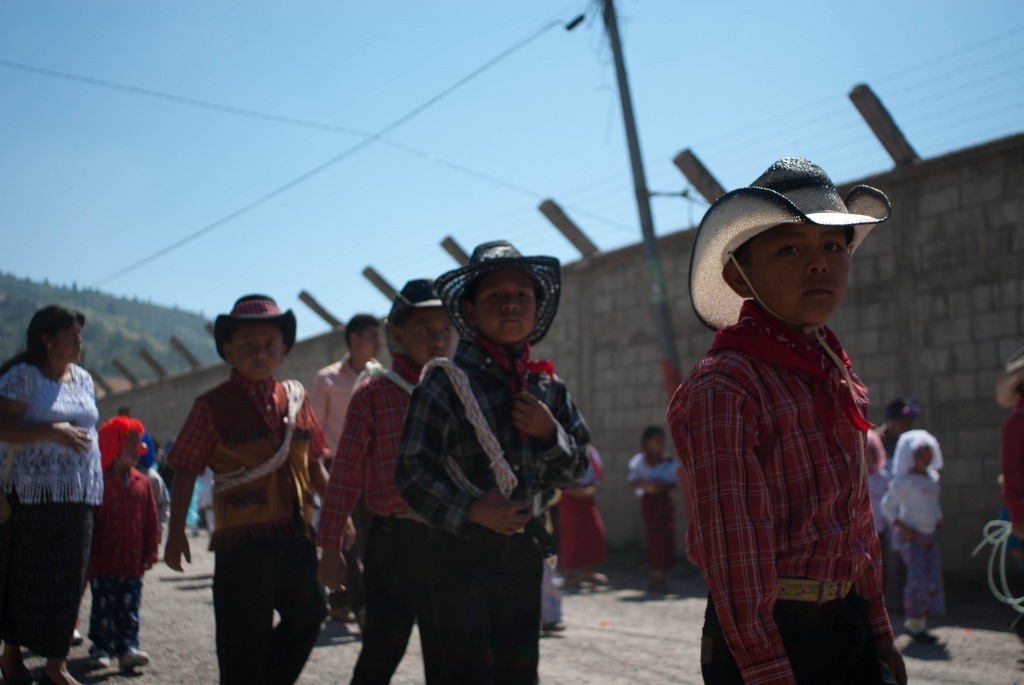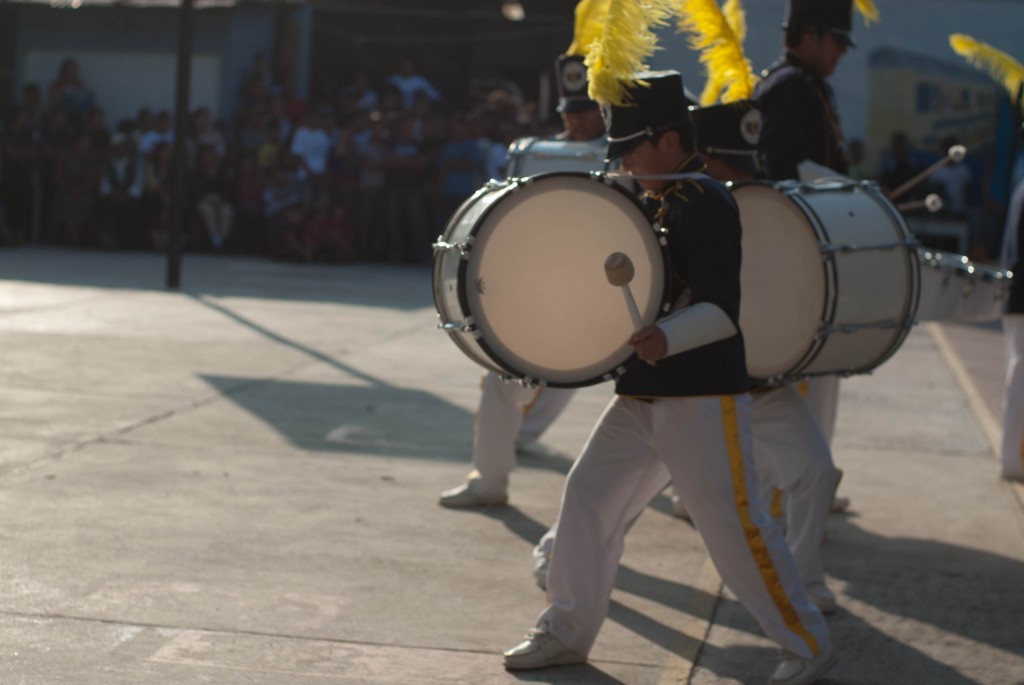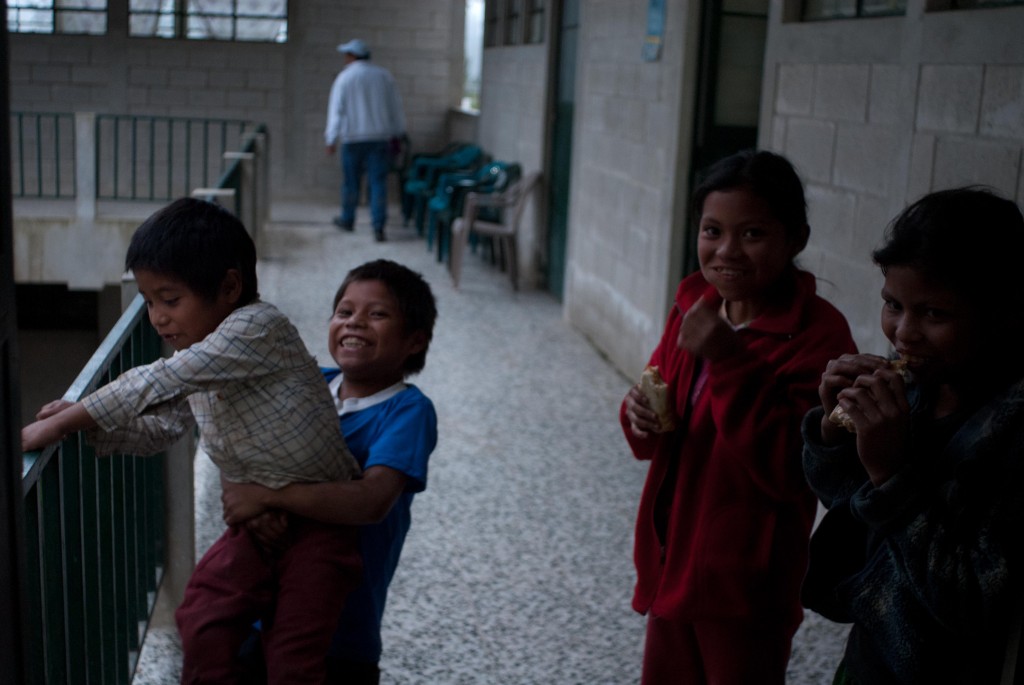“…hopefully at the end of this special, you will join us at ABC in thinking about what we could do to help the Camden.”
-Diane Sawyer, during a 20/20 special about the town of Camden, NJ
Gah! GAH!!
I can’t recall the last time a single spoken sentence has so massively frustrated me. “Think about it?” Lets THINK about it? There are folks who will do something to help Camden, and there are folks who won’t. Neither will do any good to the world by “thinking” about it “with” you, ABC. GAH.
Ok, I’m done soapboxing now.
Beginning a year or so ago, when I was first exposed to education literature/research, a question has been on my mind more and more: what’s the end game of high school education? Yes, I dearly want slum children to earn their diplomas, go to college, do great things in life, and ultimately escape the terrible modern ghetto. It’s reasonable to posit that we should aim for nothing less than this for every child—lets give them freedom to live out their full human being potential. As with any problem, it’s an intuitive step to check boundary conditions, i.e. what happens if we win. Lets say we reach this golden standard: all poor urban kids graduate, attend university, and go on to lead great lives.
What’s the end game though?
It would then seem that towns like Camden ought to be simply left. Maybe they’d become modern ghost towns, nasty and inhabited by the miserable few who didn’t escape for some reason. Alternatively, maybe they’d be completely torn out, the land re-zoned for whatever the city planner deemed good, and rebuilt. Those are just two possible ideas, nothing really good to base a legitimate argument on; however they’re indicative of something more. They somewhat articulate the idea that’s bothering me–but not too well.
The discord is sharper in a rural context. The hope of graduation/university/great-things, fully realized for all the youth of some given district, would simply end a rural town. That couldn’t be right. What’s the end game?
It’s probably a bit better to ask “what’s a good end game?”
So far I only have a one (unfortunately somewhat vague) idea about a good end game:
Learning to be, fully, as a human beings can, must be absolutely central.
